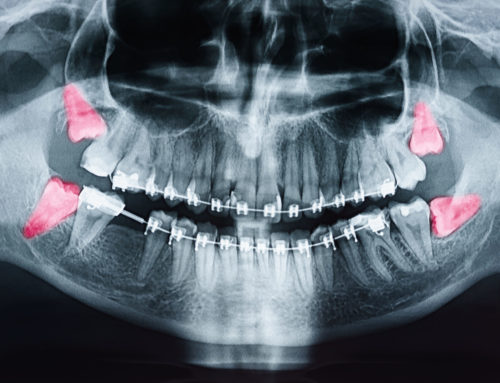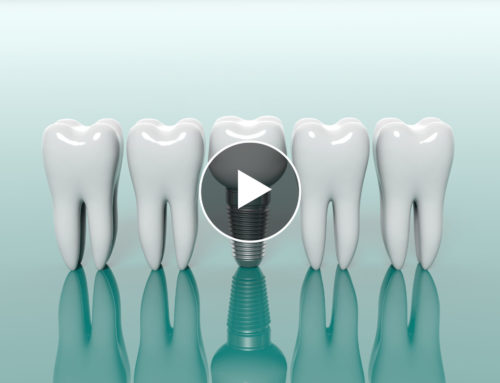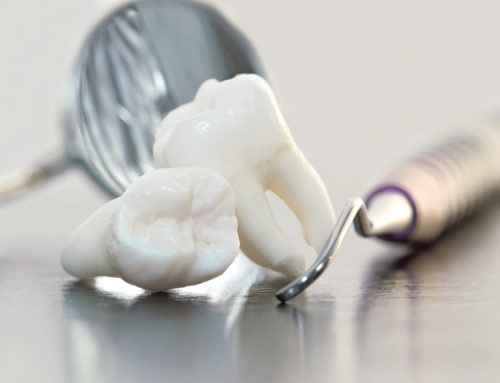Are You A Good Candidate For Dental Implants?
September 11, 2013 at 5:50 AM
Dental implants provide oral and maxillofacial surgeons with a simple and easy way to replace teeth. The cosmetic dentistry procedure was simple and a completely life-like artificial tooth could be placed in the mouth in one or two sittings. Implants were available in a range of colors, shapes, sizes and materials and they were used almost every location in the mouth. Oral surgeons were also trained to work with different cosmetic dentistry implants and place them in the best oral locations.
Initially, implant dentistry was expensive in the past; however, over time manufacturers in the implant dentistry world decreased kit prices and cosmetic dentistry dental implants quickly became affordable for the public. Almost all clinical studies also reported high success rates with implants but research-oral and maxillofacial surgeons noted a worrying trend. Although the majority of dental implant cases were successful, a small percentage of cases kept returning with failed dental implants. This percentage was high enough to cause worry. Additional research turned up a very interesting fact. About 2.5% of all dental implants were lost before functional loading was attempted and another 2-3% were lost after they were loaded with the prosthesis. It was ascertained that patient selection, doctor related errors, and site selection were the primary reasons for the success or loss of a dental implant.
Cosmetic dentistry: For the patient
For patients, this information turned out to be very important. Dental implants were expensive and they were supposed to remain in your mouth forever provided you followed your oral surgeons’ instructions correctly. However, if the dental implant was rejected, it would have meant a huge loss in time and money for you and your dentist.
To prevent this from happening, your oral surgeon should evaluate you and your oral condition completely before you start considering dental implants as a feasible treatment option.
Evaluating your acceptability as a cosmetic dentistry dental implant patient
Ideally, your oral surgeon will do this for you by assessing your oral and medical health but we’ve also created this short guide to help you understand how oral and maxillofacial surgeons consider patients for dental implants.
1. Medical health — Your medical health is the main factor that influences the prognosis of dental implants. Systemic conditions like diabetes, bleeding disorders, bisphosphonate therapy, high blood pressure, etc. are poor candidates for dental implant treatment. Please make sure that you share your medical history with your doctor, oral and maxillofacial surgeons and your dentist before you start the procedure.
2. Age for cosmetic dentistry — Implants remain stationary in the jaw and they do not migrate. As a result, young patients may experience crestal bone resorption around the dental implant. To ensure stability, oral surgeon’s recommend using a dental implant only after growth is complete. However, dental implant failure is not related to increased age or sex and increased age is not a contraindication for getting a dental implant. Oral and maxillofacial surgeons have placed implants in people over the age of 60.
3. Condition of underlying bone for cosmetic dentistry- Once a tooth is gone the underlying bone is reabsorbed or resorbed back into the dental arch. Ordinarily, this is prevented by placing a removable or fixed denture on top of the bone. This denture massages the underlying bone and ensures that bony support is retained. This is possible only if the tooth is replaced quickly. If you are considering a dental implant several years after you lost the tooth, bony support may be inadequate. In this case, bone augmentation procedures done by oral and maxillofacial surgeons may be necessary and this may affect the retention and stability of the eventual dental implant.
4. Jaw related choices in implant cosmetic dentistry– Jaw shapes and sizes vary from patient to patient. According to studies, researchers have noted that maxillary or upper dental implants seem to have a lesser chance of success as compared to lower jaw implants. However, trained oral surgeons can usually bypass this problem to ensure implant retention.
5. Site selection for cosmetic dentistry — Other local factors must be considered before an implant can be placed. For example, the oral surgeon will evaluate the site for periodontal disease, bone depth, underlying medical anatomy like vital nerves and blood vessels, gingival width, occlusion, and extent of inter-incisal depth.
6. Implant selection — Oral and Maxillofacial Surgeons offer various dental implant procedures using the latest technology. This includes Teeth-In-A-Day an All-On-4. For a successful procedure, the oral surgeon must be able to measure and then conclude the appropriate size, length and width of implant as well as the type of procedure to be done.
7. Other factors — Habits like smoking, alcohol consumption, poor patient cooperation and attitude, bruxism and poor home care also affect the prognosis of a dental implant. Before the procedure is started, the oral surgeon will counsel you on the procedure and its results. Unreasonable expectations will mean that you will be disappointed irrespective of how the procedure is done.
8. Clinic and oral surgeon skills for implant cosmetic dentistry — This is not a paramount factor, as trained oral and maxillofacial surgeons intimately familiar with the oral morphology and topography, will place oral implants. However, skill and experience may translate into improved implant retention.
The benefits of dental implants are tremendous.
It is absolutely essential for patients to find qualified oral and maxillofacial surgeons to do the procedure.





